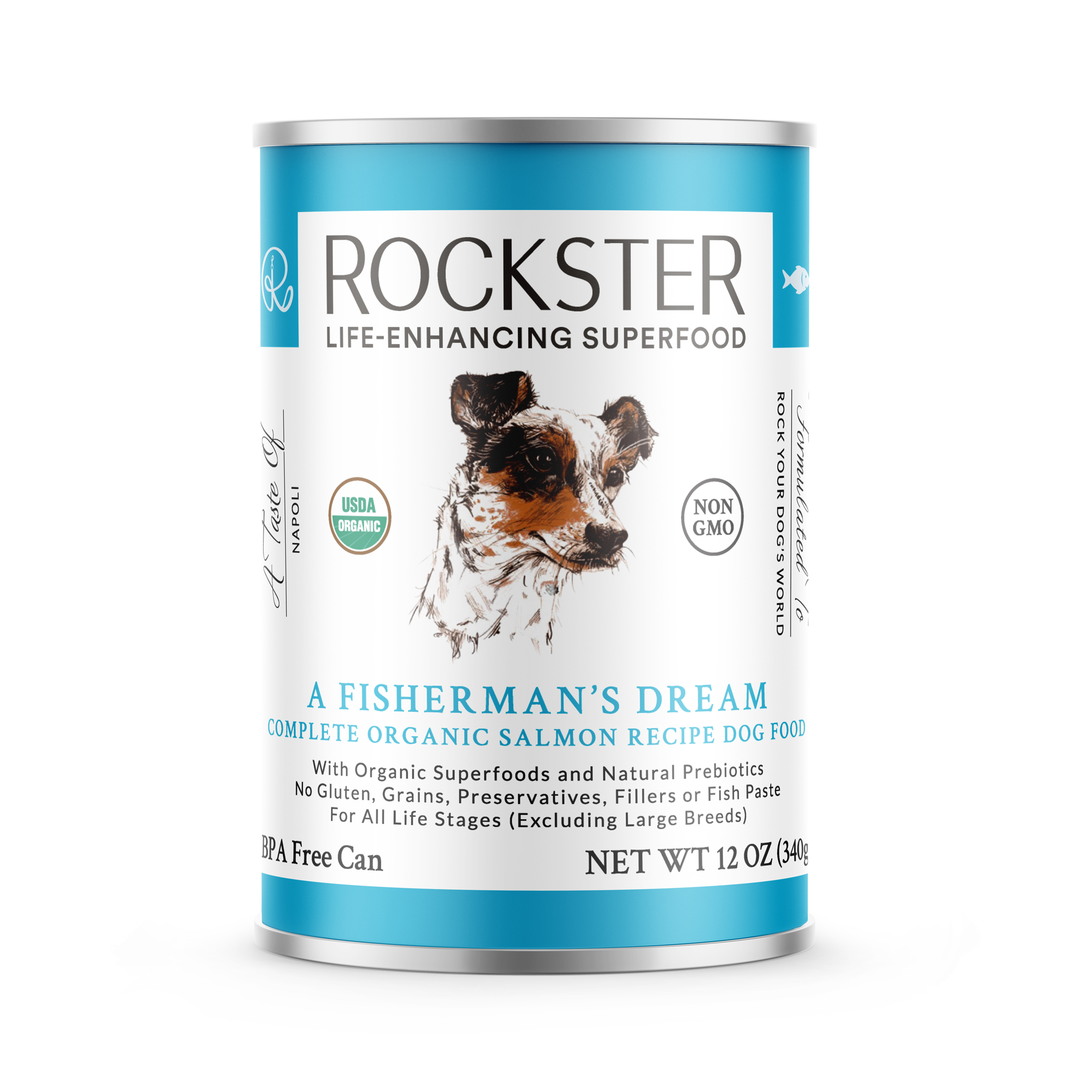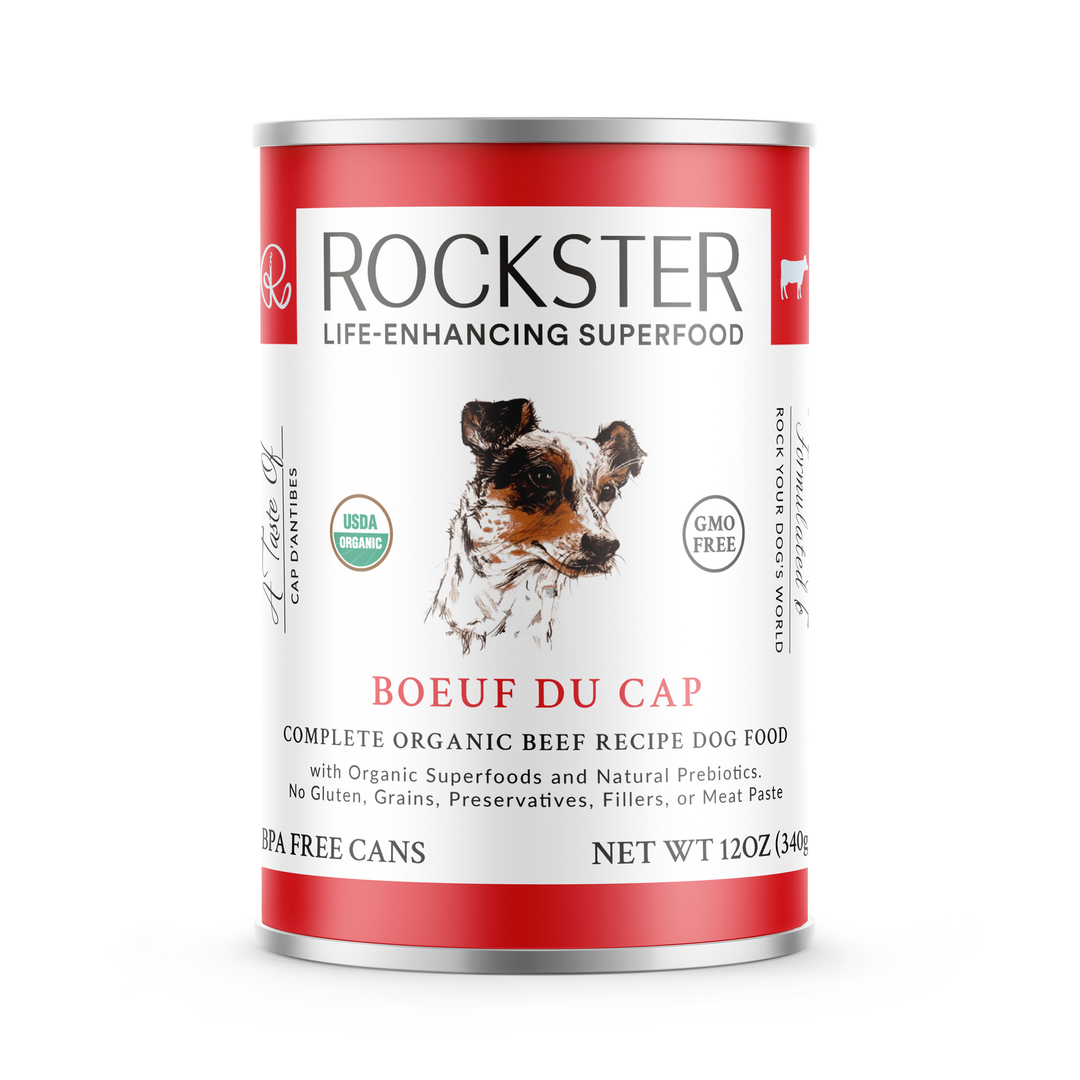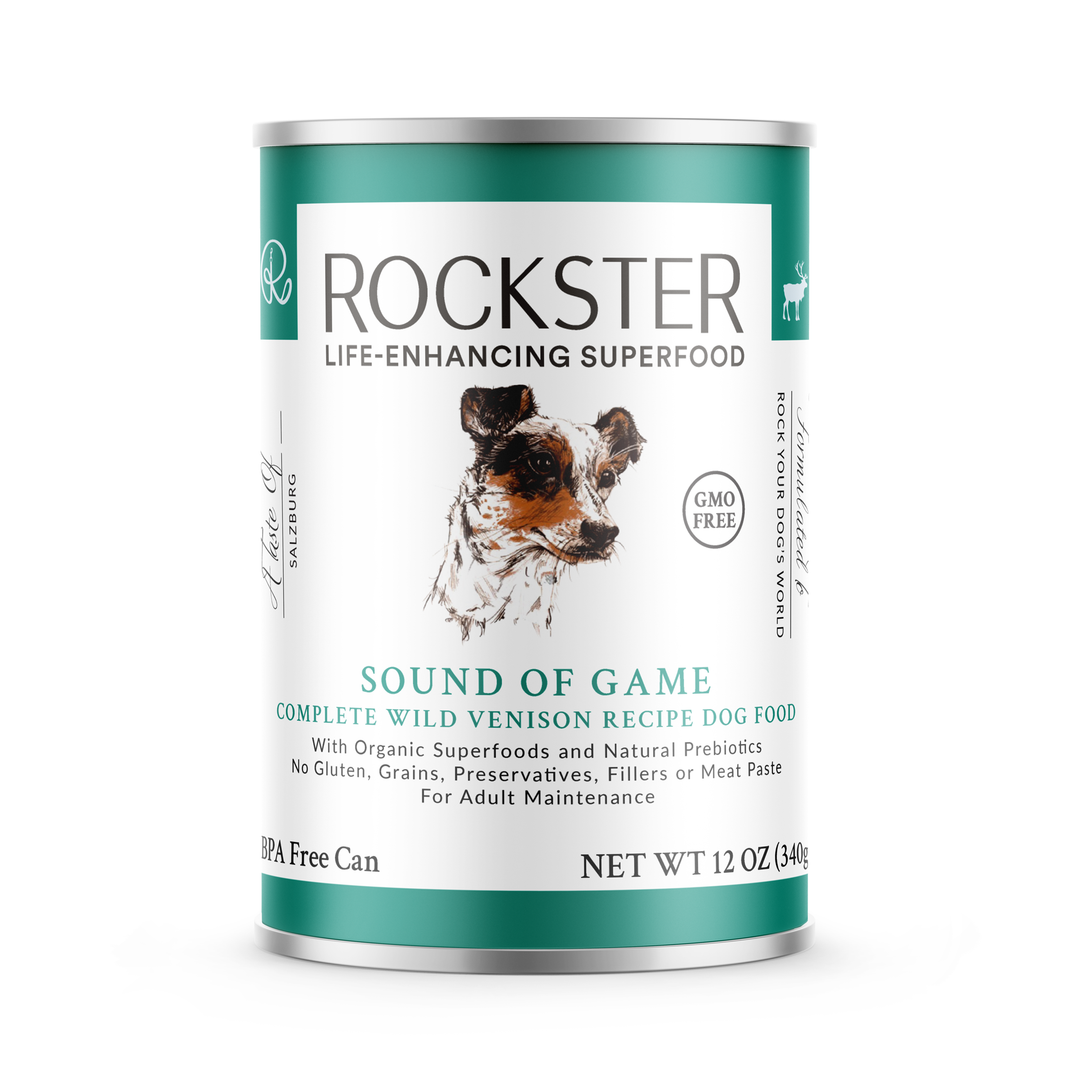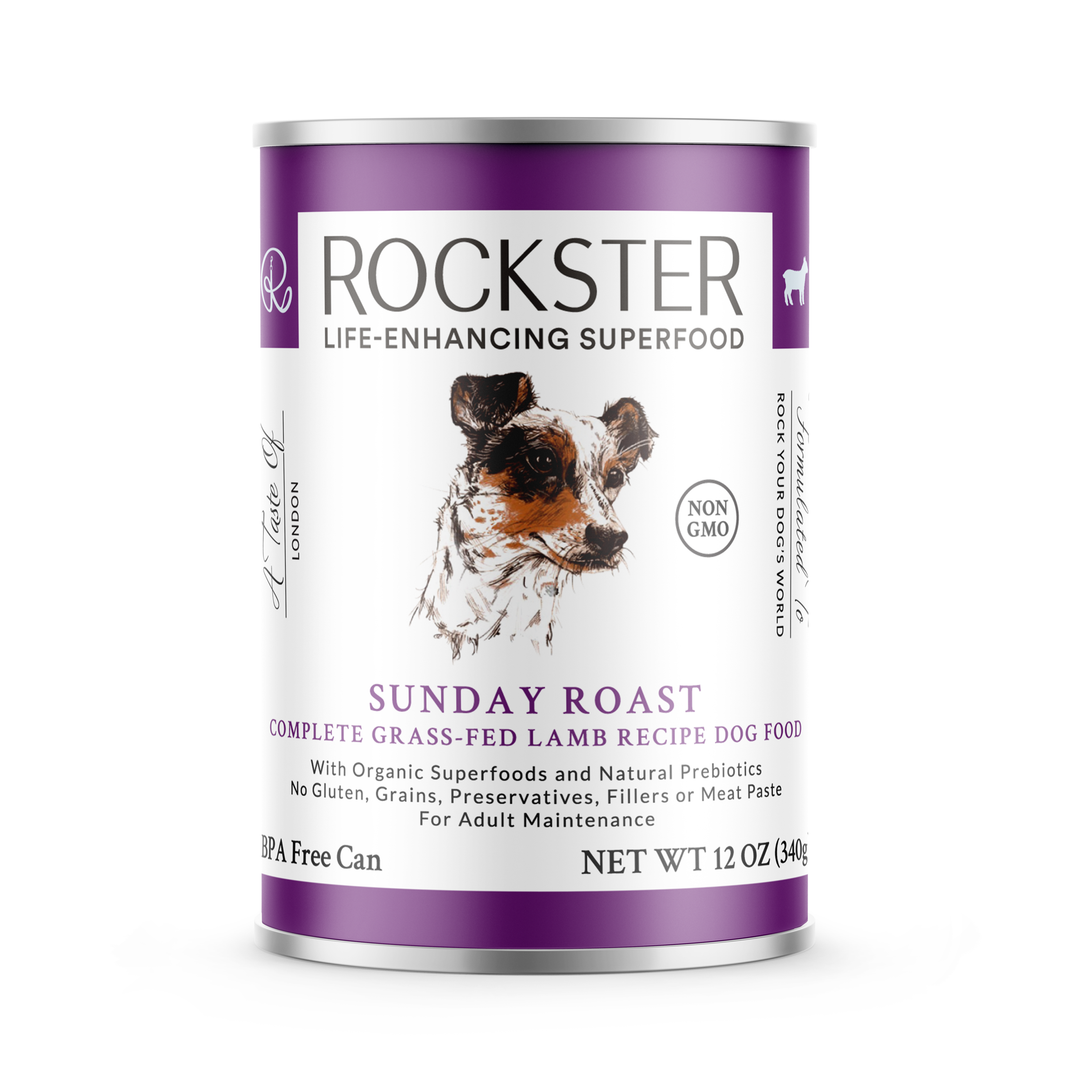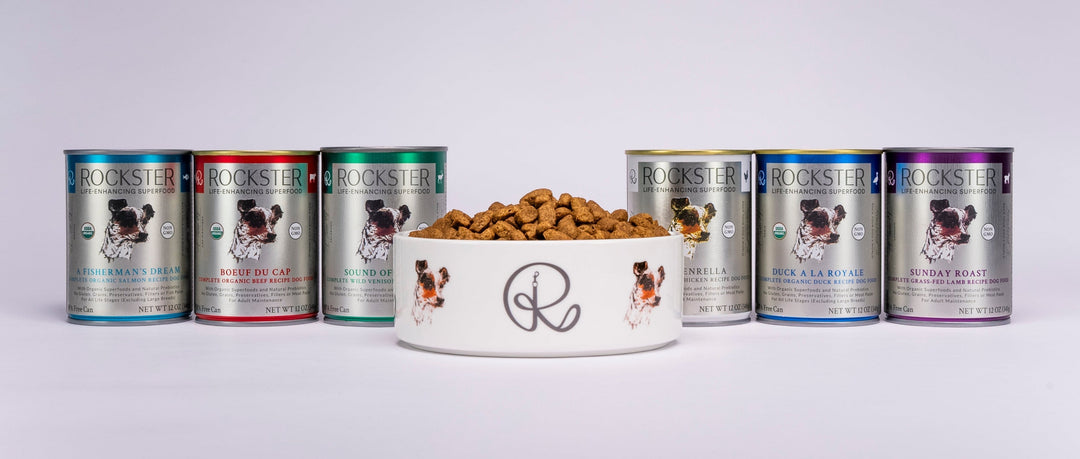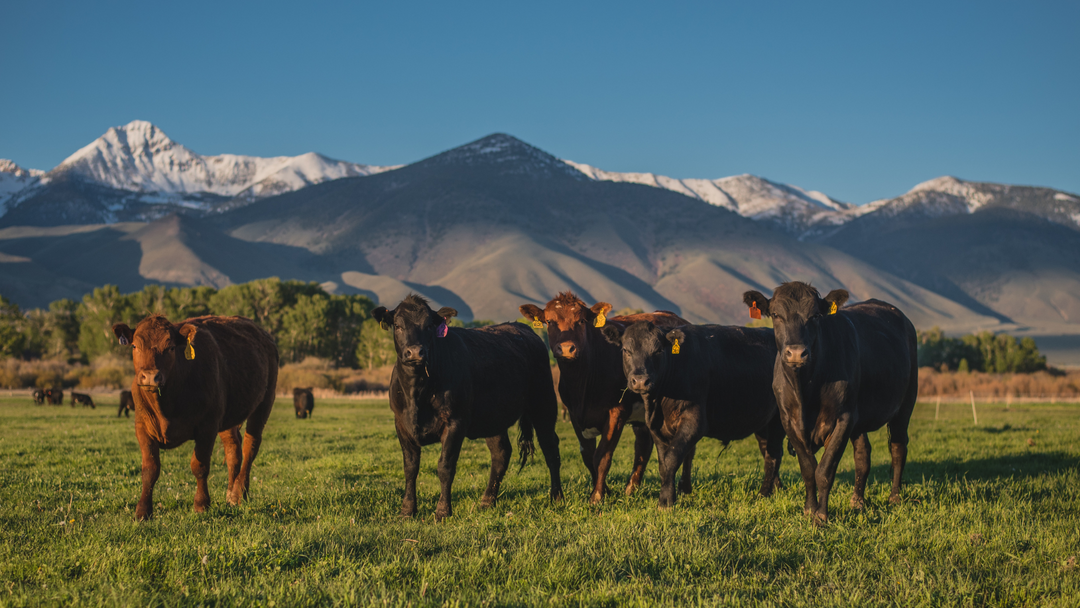Are you confused about the current furore regarding DCM in dogs (Dilated Cardiomyopathy) and possible connections to diet, grain free diets in particular?!
So what is DCM? DCM is a heart disease that results in weakened contractions and pumping ability, often ultimately progressing to congestive heart failure.
There are numerous factors that may lead to the development of DCM; breed predisposition being a big factor. However, there is increasing evidence that certain diets do not help matters, controversially grain free diets have been labelled as a risk factor. This has caused much debate and confusion, particularly as grain free diets are typically associated with being higher quality. Amino acid discrepancies between meat and legumes is of significant importance, especially Methionine, Cystine and Taurine. Insufficient Taurine intake is associated with increased DCM risk. In dogs, Taurine is largely synthesised in the body by Methionine and Cystine, these particular amino acids are most plentiful in meat protein. Legumes such as Lentils and peas also provide protein but contain far lesser amounts of Methionine and Cystine.
Although considered higher quality, grain free diets (particularly kibble based) often contain large amounts of legumes; a source of fibre but also as previously mentioned.. protein ( a cheaper source than meat !). The diet’s resulting protein content is therefore a combination of meat and legume amino acids. This can result in inadequacies that may lead to reduced Taurine intake, especially when dietary meat content is not high... hence the link to DCM. . Rockster foods contain no grains, however, they also contain no legumes and all are comprised of at least 80% bio-organic meat content.
Based on Rockster’s high meat content and compositions, we did not doubt that our food would meet all recommended amino acid requirements. However, we felt it important that we test and share with you our findings, commencing with Sound of Game which contains 86% Wild Venison. As a novel protein source that is less commonly used, we saw this as an opportunity to verify amino acid content, as many pet food brands do not carry out such tests.
We are pleased to state that all amino acid requirements set by FEDIAF, NRC & AAFCO were met and exceeded. For the majority of amino acids, Rockster Sound of Game has more than double the minimum recommended requirement!



